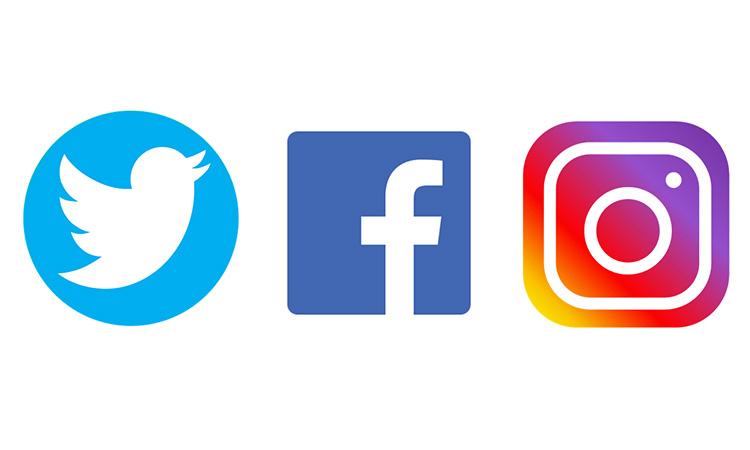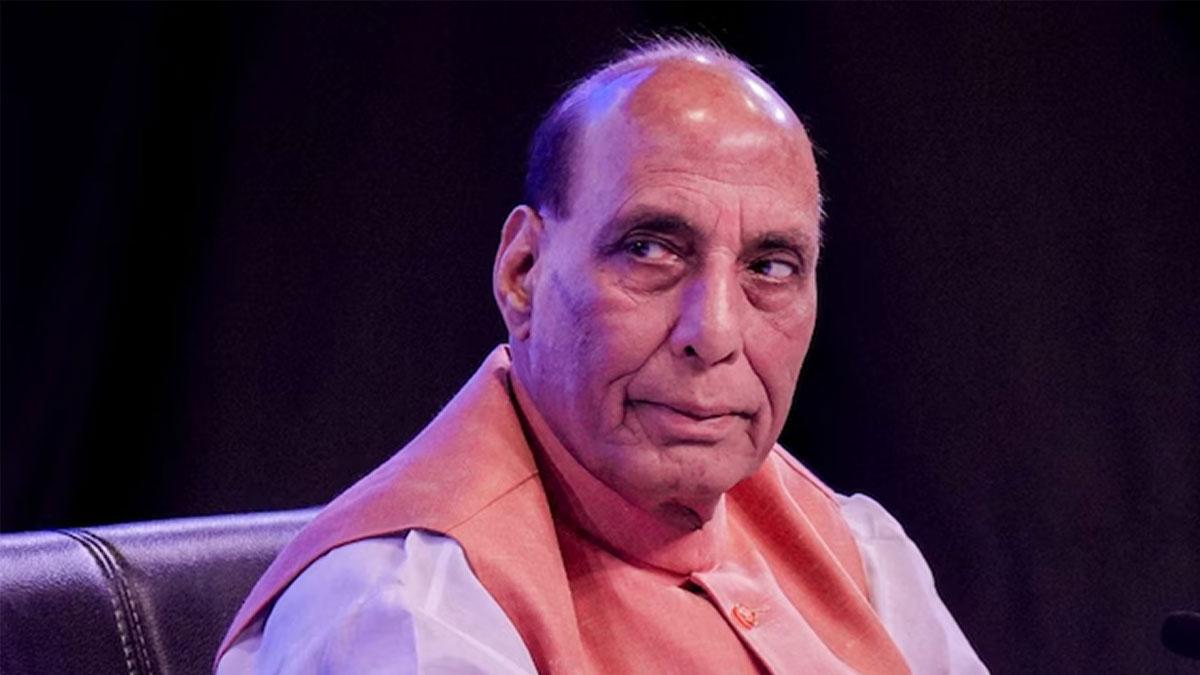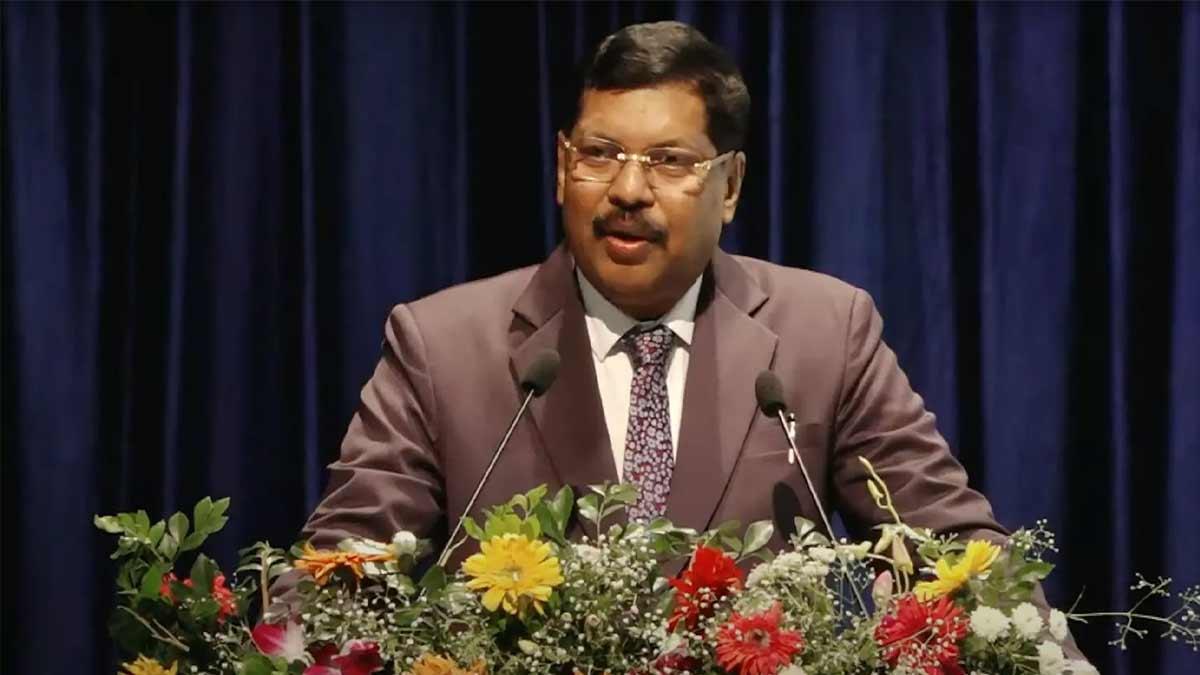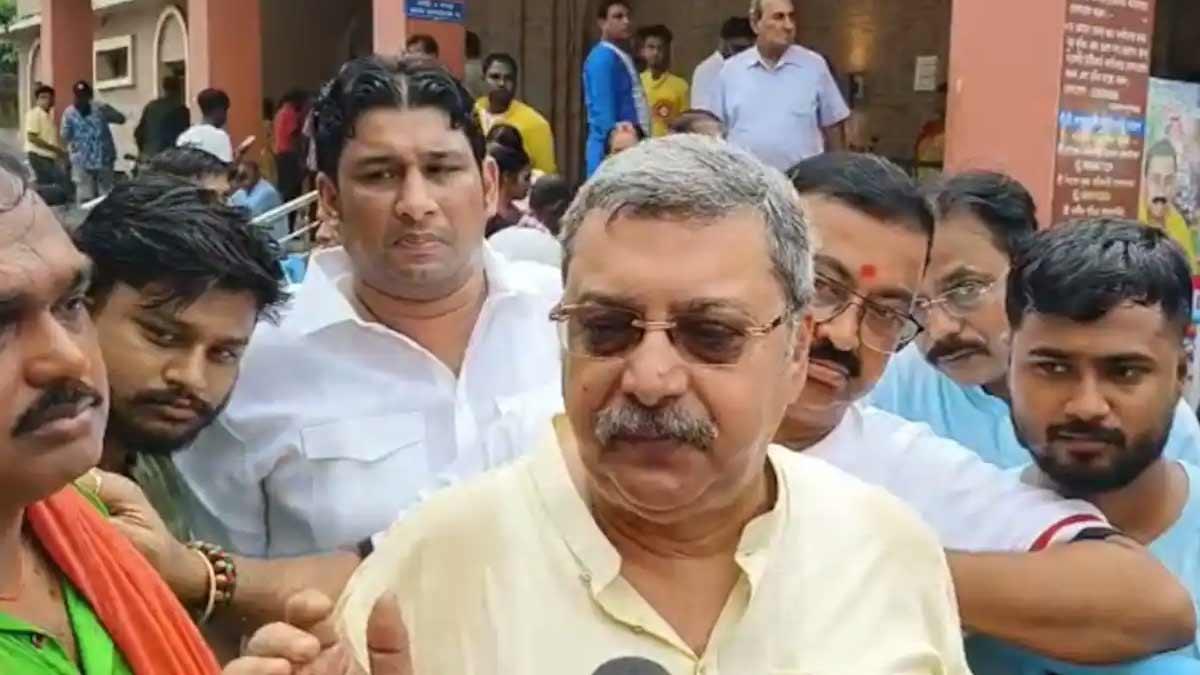Social media giants like Facebook, Twitter, Instagram, and WhatsApp have lost the legal shield in India for the third-party user content posted on their platforms from today.
Earlier, these social media platforms enjoyed legal immunity for the content posted by any user on their platform. The only obligation for them was to take down the post if it was deemed to be illegal by the government or any other verified source. In simple terms, Facebook, WhatsApp, Instagram and Twitter were not answerable to the government for content posted by the platform's users. Neither were they liable for a potential lawsuit from any party.
However, from today, under the new guidelines of the Information Technology Act, any objectionable content, be it in words, pictures or a video, found on their platform by any of their user would result in a lawsuit against the company itself. The companies would now be answerable to Indian civil and criminal laws just like any other ordinary citizen or local entity.
Also Read | Subodh Kumar Jaiswal: Know all about the new CBI chief
What next?
Although the new rules were notified by the government on February 25, and the companies were given a three month period to comply with them, there has not been any obedience. Under the new guidelines, if the companies fail to comply with the rules, they would lose their intermediary status and may face action.
What are the new rules?
Apart from being responsible for third party content, an officer based out in India will have to be appointed to oversee a robust complaint redressal mechanism. The social media companies will have to appoint a chief compliance officer, nodal contact person and resident grievance officer.
A monthly compliance report with the details of complaints redressal will have to be published.
In case a message being circulated on a particular social media platform undermines the sovereignty of India, the social media platform will have to identify the first originator of the message. In addition to that, these platforms will have to remove any content flagged by the authorities within 36 hours.
How do social media companies handle such illegal matters themselves?
As these social media companies do not have their headquarters in India, they will be asked to appoint a nodal officer who will look after the India operations and will be directly answerable to the government.
Also Read | Homegrown micro-blogging app Koo raises $30M
Here is what the social media platforms said:
Google: A Google spokesperson has said the company is continuously fighting illegal content in an "effective and fairway". It is also working to comply with local laws through its consistent investment in product changes, resources and personnel. "We realise that our work in keeping our platforms secure is never done and we will continue to refine our existing approaches, and evolve our policies and be as transparent as possible about how we make decisions,” the spokesperson said, as quoted by news agency PTI.
Facebook: Facebook which also owns Instagram said it is working towards implementing the rules. It is also discussing some issues with the government. Facebook, however, has brought in the provisions of voluntary verification, grievance redressal and 24-hour timeline to remove flagged content, PTI reported.
Twitter: Twitter has not commented on their official status in complying with the rules.
WhatsApp: Facebook-owned WhatsApp on Wednesday filed a lawsuit against the Indian government in the Delhi High Court, saying that user privacy is in its DNA and requiring messaging apps to "trace" chats undermines people's right to privacy. The company said that in the meantime, "we will also continue to engage with the Government of India on practical solutions aimed at keeping people safe, including responding to valid legal requests for the information available to us". The Indian government was yet to react to the lawsuit.


















